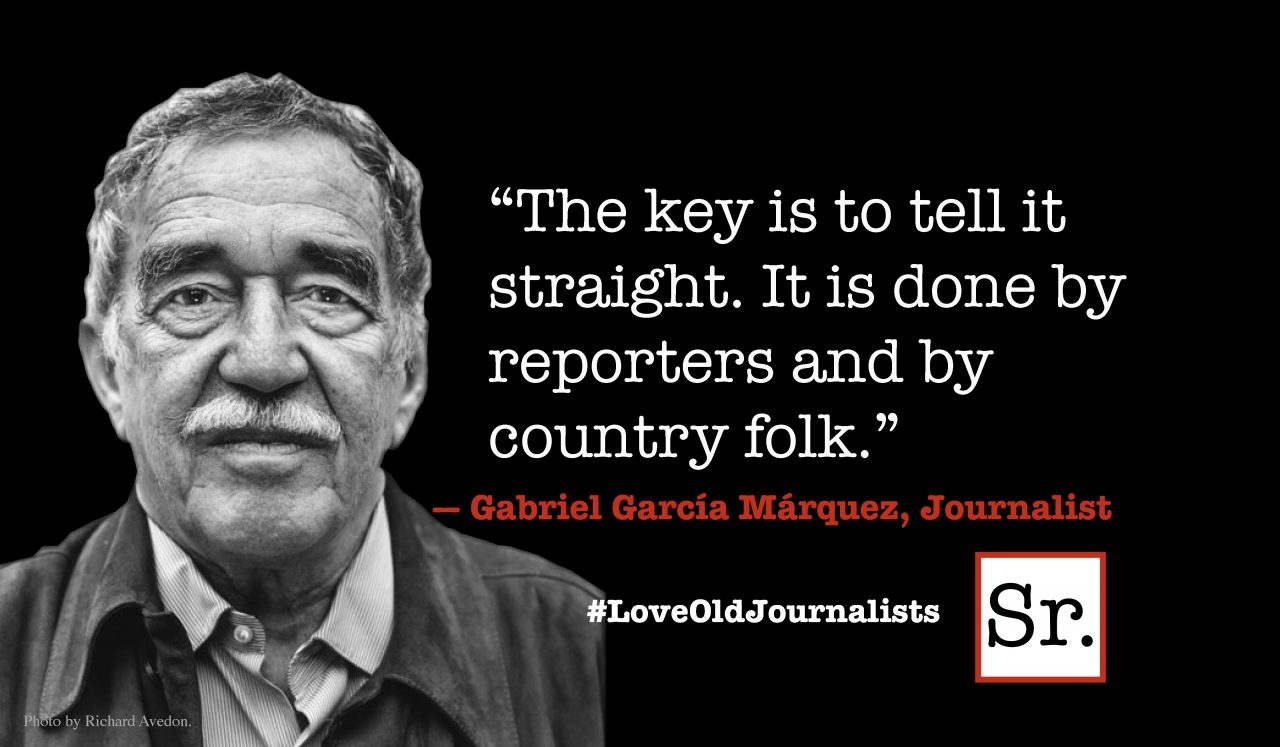Respect seems a crippled concept in contemporary culture, becoming, in some ways its own antonym. "The Godfather" provides at least a cinematic history of this inversion. "I am sorry. What happened to your father was business. I have much respect for your father." But that respect will not prevent me from sending him to sleep with the fishes. Or we can move from gangster to gangsta by spinning the dial to any of the festering "reality" programs and hear something like, "Diss me again and I'll kick your 'bleep!" Spin again and we find C-SPAN with our "leaders" engaged in partisan bickering that makes it clear that they would not recognize respect if it jumped up and bit them in their "bleep."
It was not always so. My wife and I were watching "The Conspirator" last night, the movie about the trial of Mary Surratt, accused of participating in the conspiracy to assassinate President Lincoln. The film's reviews are mixed, but even those who found it somewhat pedantic are in agreement as to its attention to historical accuracy and detail. In the 1860's lawyers always buttoned their coats as they stood to address the court. Even when that particular court had forfeited its claim on respect, you showed respect for the notion of the law by buttoning your coat in the presence of the court. To do less reflected poorly upon you. Etiquette, manners, were and are the external manifestations of respect.
I am concerned with the current "Alice in Wonderland" treatment of etiquette and respect because, quite simply, learning cannot occur in an environment devoid of either. We sit atop the food chain not because we are big or strong or fast. Rather we are there because we can construct culture. We can define rules for civil behavior that say "Look, I extend an open hand. I smile. I will not kill you and eat you. Let us talk, let us learn one from the other."
The notion of respect, of manners, of etiquette have been a little slow out of the gate when it comes to the whole area of mobile technology. I was glad to see Mark Zuckerberg don a suit and tie for the G8 conference last year. The iconic hoodie-wearing CEO of Facebook Nation demonstrated respect for the forum, and in so doing affirmed that etiquette and manners have a place in digital culture.
But what is that place? I will admit, to affirm a meme from the Chairman, it's complicated. The ability to be in constant contact gives rise to situations that did not exist in the pre-cellphone era. Birth, death, tragedy and joy can — of an instant — flash from around the world into the palm of our hand. It seems foolish to ignore information of such import. To do so would be disrespectful — and we answer, we attend. But then, far more often, the trivial, the banal, gains the same access and is awarded the same attention. That, too, is disrespectful.
So what are the rules? In flux no doubt, but I would like to propose some starting points:
The person present takes precedence. The individual with whom you are face-to-face, the person I see, takes respectful priority over the person I cannot see. I will maintain eye contact, I will not blatantly, nor surreptitiously, text the remote, intruding other. To do so is simply bad manners. If the remote message is truly of such import that it must interrupt the face-to-face then I will apologize — sincerely — and remove myself from the face-to-face environment.
The world is not your phone booth. There was a time in the paleotelephonic age when, not only were there phone booths, but they had doors. The doors affirmed the notion that telephone calls were private. We tend to assume that meant that people shouldn't eavesdrop on our conversations. In the digital age we seem to have forgotten that it also meant that we should not inflict our conversations upon our neighbors. Remember, your freedom to broadcast your conversation extends only to the point where it intrudes upon the freedom of others not to hear your conversation. Speak quietly. Better yet, take it outside.
Yes, that means you. I read a story recently about a group of passengers who broke into applause and cheers when some public transportation personnel forced a woman — who had been yammering into her cellphone for several hours — to leave the car, which was plainly labeled: "Quiet Car. No cellphones or music players permitted." The woman should be glad that applause and cheers were the only things broken. There are obviously still soft spots in mobile communication etiquette, but when someone takes the trouble to create and clearly state "the rules of the game," read them, follow them. They mean you.
I agree. Those seem like common sense assertions, despite the extent to which they are ignored. Yet "common sense" means commonly shared, common knowledge, commonly accepted good manners. The way your mother raised you. And maybe that is the problem — many of our mothers never had a cellphone.








